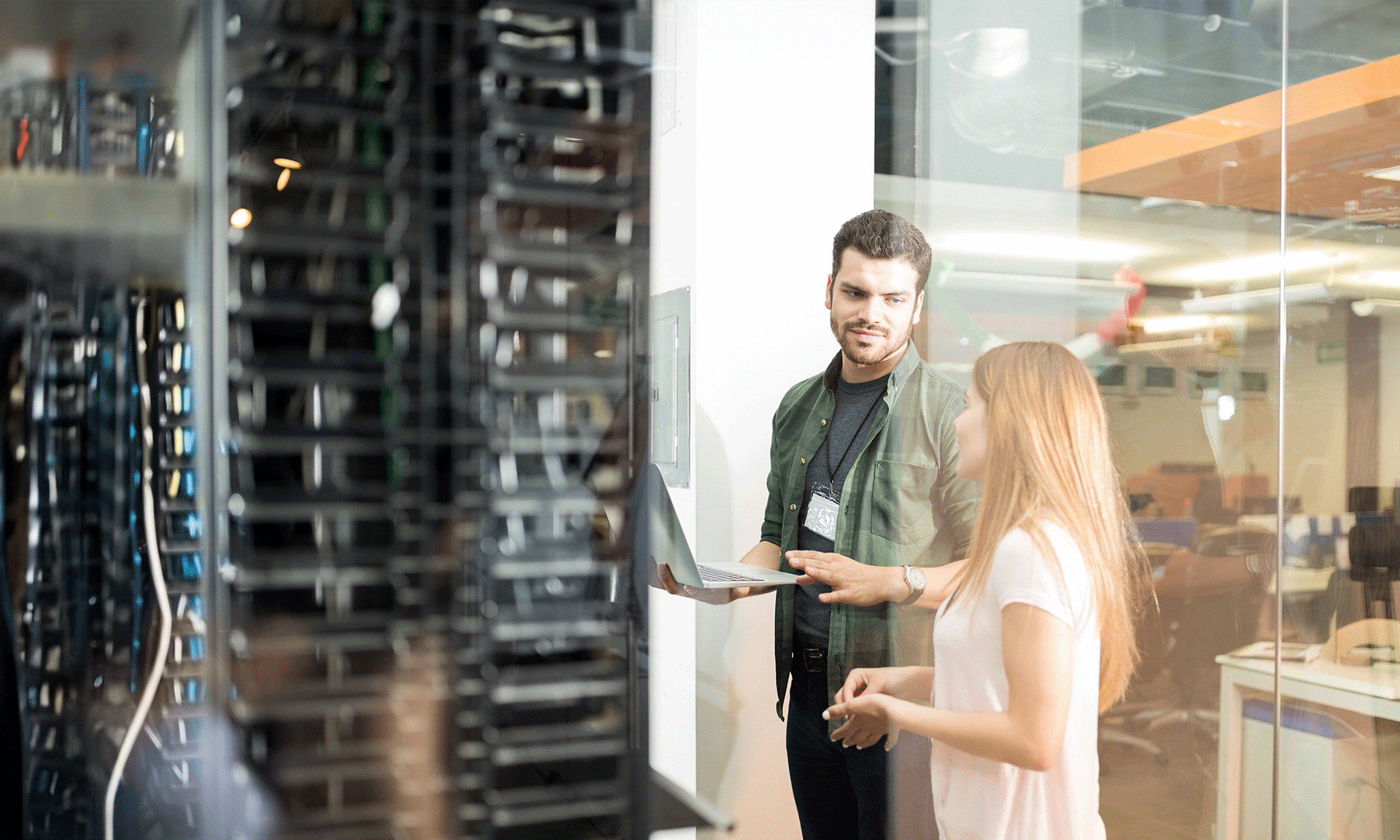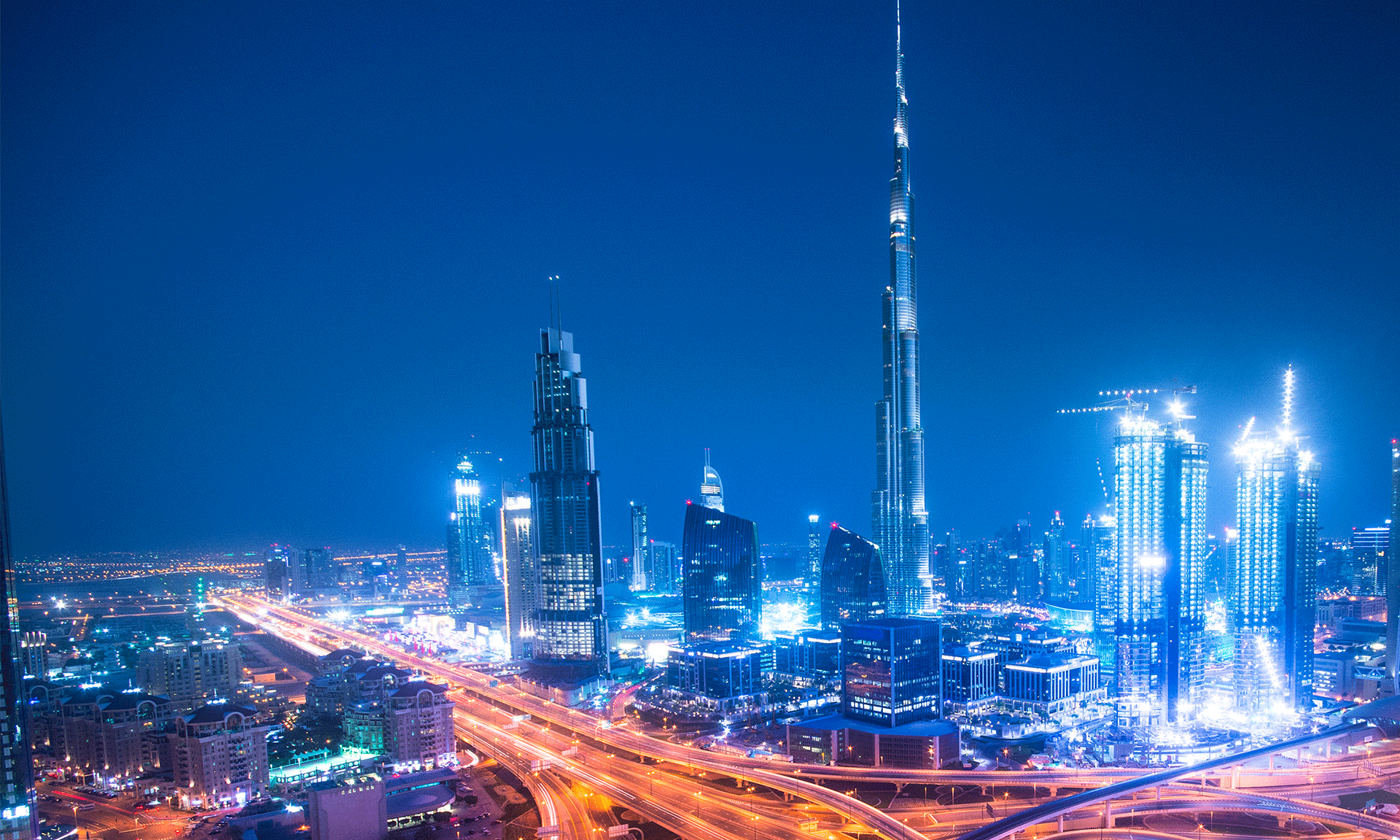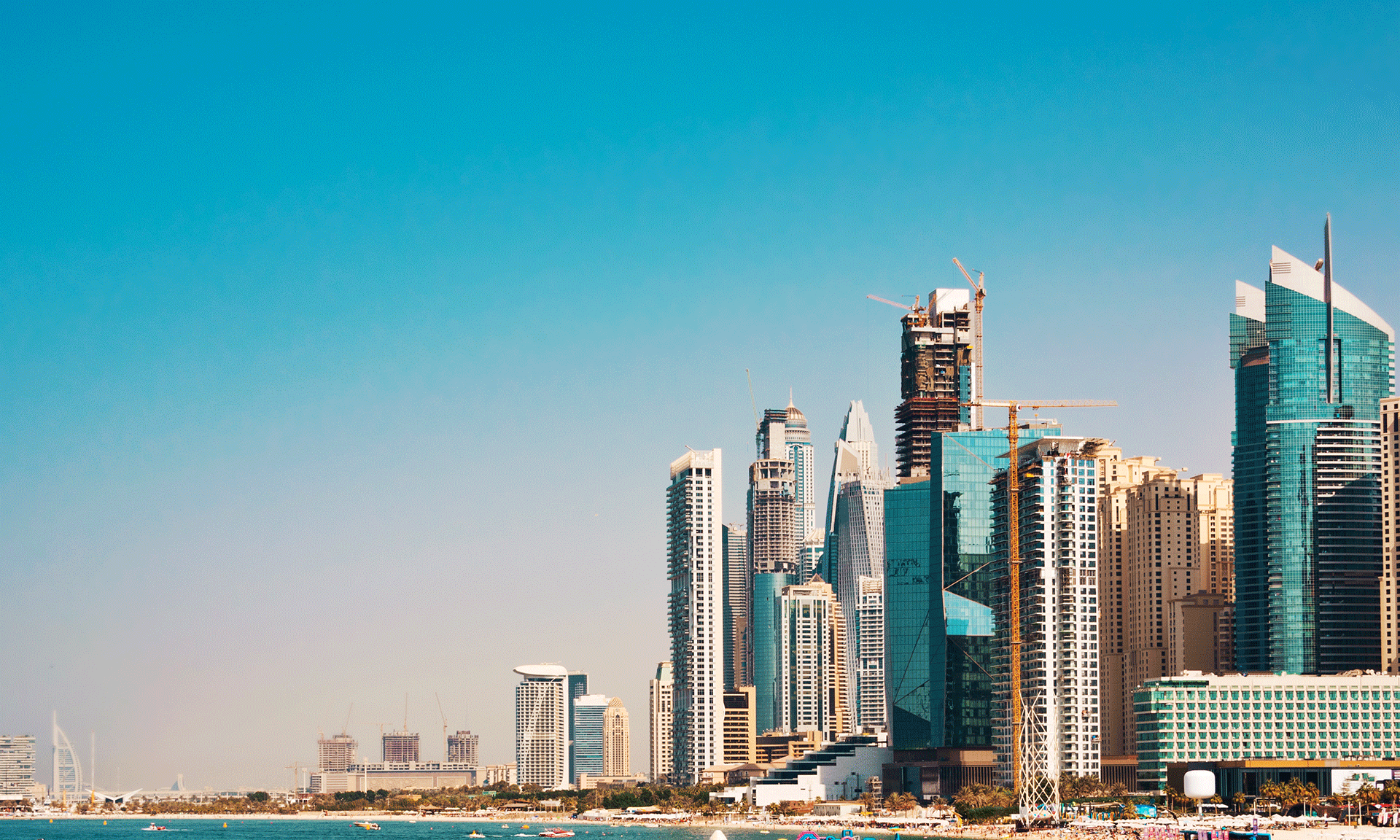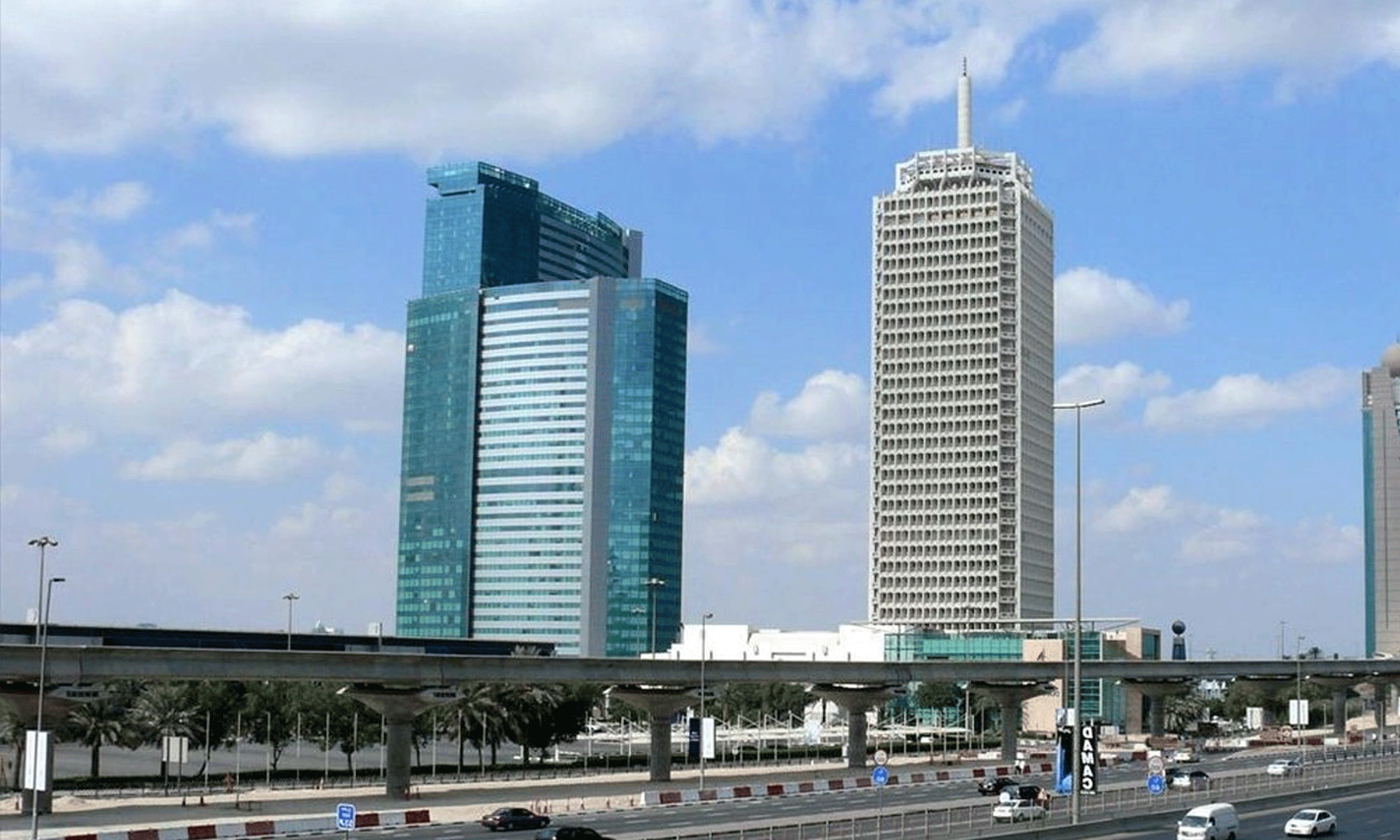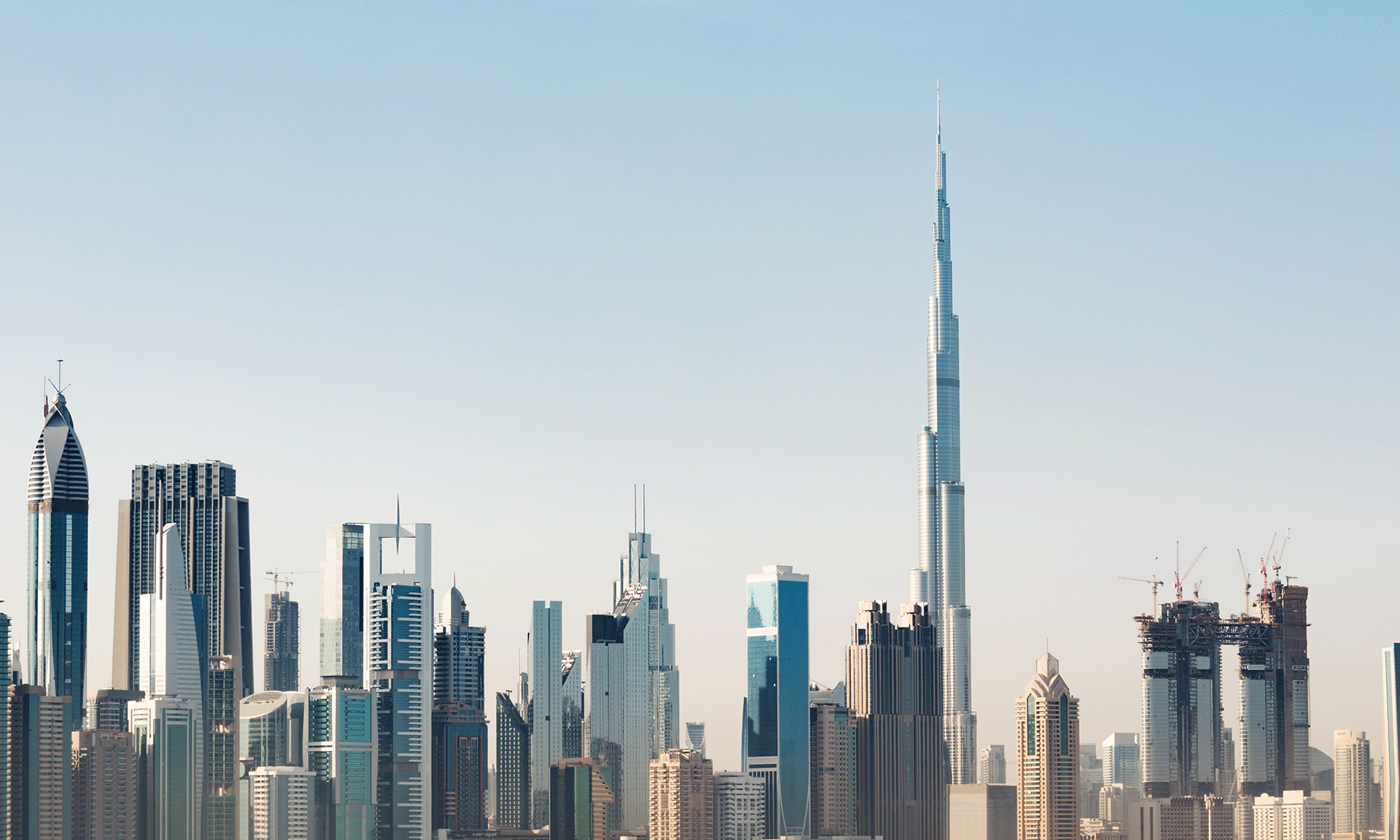In a bid to boost bilateral economic cooperation and further diversify the non-oil economy, Saudi Arabia and Oman signed deals worth 30 billion USD on 7th December 2021. The MOU signed between the two countries signals a new era of economic and investment cooperation within the GCC.
As per Saudi Press Agency (SPA), the agreements were reached during the tour of Saudi Crown Prince Mohammed bin Salman covering the Gulf states including the United Arab Emirates (UAE), Bahrain, Kuwait and Qatar. The ‘around the GCC’ tour would bode well for future foreign investment and new company formation in Saudi Arabia.
A visit to Doha, for the first time in four years, was also included just ahead of the Gulf Cooperation Council (GCC) summit scheduled to be held on December 14 in Riyadh in light of the solidarity deal signed earlier on January 5, 2021 between Saudi Arabia and Qatar to bring back Doha within the GCC.
Saudi and Omani companies “signed 13 memoranda of understanding worth $30 billion”, SPA reported. The agreements between the two neighbouring countries included diverse business sectors ranging from energy and tourism to finance and technology.
Renewable Energy, Petrochemicals and Green Hydrogen were some areas where deals were struck with Aramco, Sabic and ACWA Power. Dry dock and Logistic Services also witnessed the signing of deals.
The two countries also agreed to identify and evaluate future exploration opportunities in the mining sector. An MOU was signed for developing a tourism project in Oman’s Yiti area on the outskirts of Muscat which has a spectacular coastline and could potentially attract many foreign investors for doing business in Oman.
Other deals made were in the communications, IT, fisheries and financial securities sectors. An agreement was reached between Muscat Stock Exchange (MSX) and Tadawul Stock Exchange.
“They manifest the two countries’ leaders’ vision aimed to meet the aspirations of their peoples,” highlighted Oman News Agency (ONA).
Saudi Arabia and Oman also agreed for joint investment in key sectors earlier and several agreements were reached in August 2021 at the Omani Saudi investment forum convened in Muscat.
Saudi Vision 2030 and Oman Vision 2040 are almost in line and share identical views on economic development and the private sector enterprises of both countries are hopeful and looking towards future economic integration.
The GCC nations have already started making huge investments in sports, entertainment and tourism sectors to reduce their economic dependence on oil.
As per Saudi Press Agency (SPA), the agreements were reached during the tour of Saudi Crown Prince Mohammed bin Salman covering the Gulf states including the United Arab Emirates (UAE), Bahrain, Kuwait and Qatar. The ‘around the GCC’ tour would bode well for future foreign investment and new company formation in Saudi Arabia.
A visit to Doha, for the first time in four years, was also included just ahead of the Gulf Cooperation Council (GCC) summit scheduled to be held on December 14 in Riyadh in light of the solidarity deal signed earlier on January 5, 2021 between Saudi Arabia and Qatar to bring back Doha within the GCC.
Saudi and Omani companies “signed 13 memoranda of understanding worth $30 billion”, SPA reported. The agreements between the two neighbouring countries included diverse business sectors ranging from energy and tourism to finance and technology.
Renewable Energy, Petrochemicals and Green Hydrogen were some areas where deals were struck with Aramco, Sabic and ACWA Power. Dry dock and Logistic Services also witnessed the signing of deals.
The two countries also agreed to identify and evaluate future exploration opportunities in the mining sector. An MOU was signed for developing a tourism project in Oman’s Yiti area on the outskirts of Muscat which has a spectacular coastline and could potentially attract many foreign investors for doing business in Oman.
Other deals made were in the communications, IT, fisheries and financial securities sectors. An agreement was reached between Muscat Stock Exchange (MSX) and Tadawul Stock Exchange.
“They manifest the two countries’ leaders’ vision aimed to meet the aspirations of their peoples,” highlighted Oman News Agency (ONA).
Saudi Arabia and Oman also agreed for joint investment in key sectors earlier and several agreements were reached in August 2021 at the Omani Saudi investment forum convened in Muscat.
Saudi Vision 2030 and Oman Vision 2040 are almost in line and share identical views on economic development and the private sector enterprises of both countries are hopeful and looking towards future economic integration.
The GCC nations have already started making huge investments in sports, entertainment and tourism sectors to reduce their economic dependence on oil.












